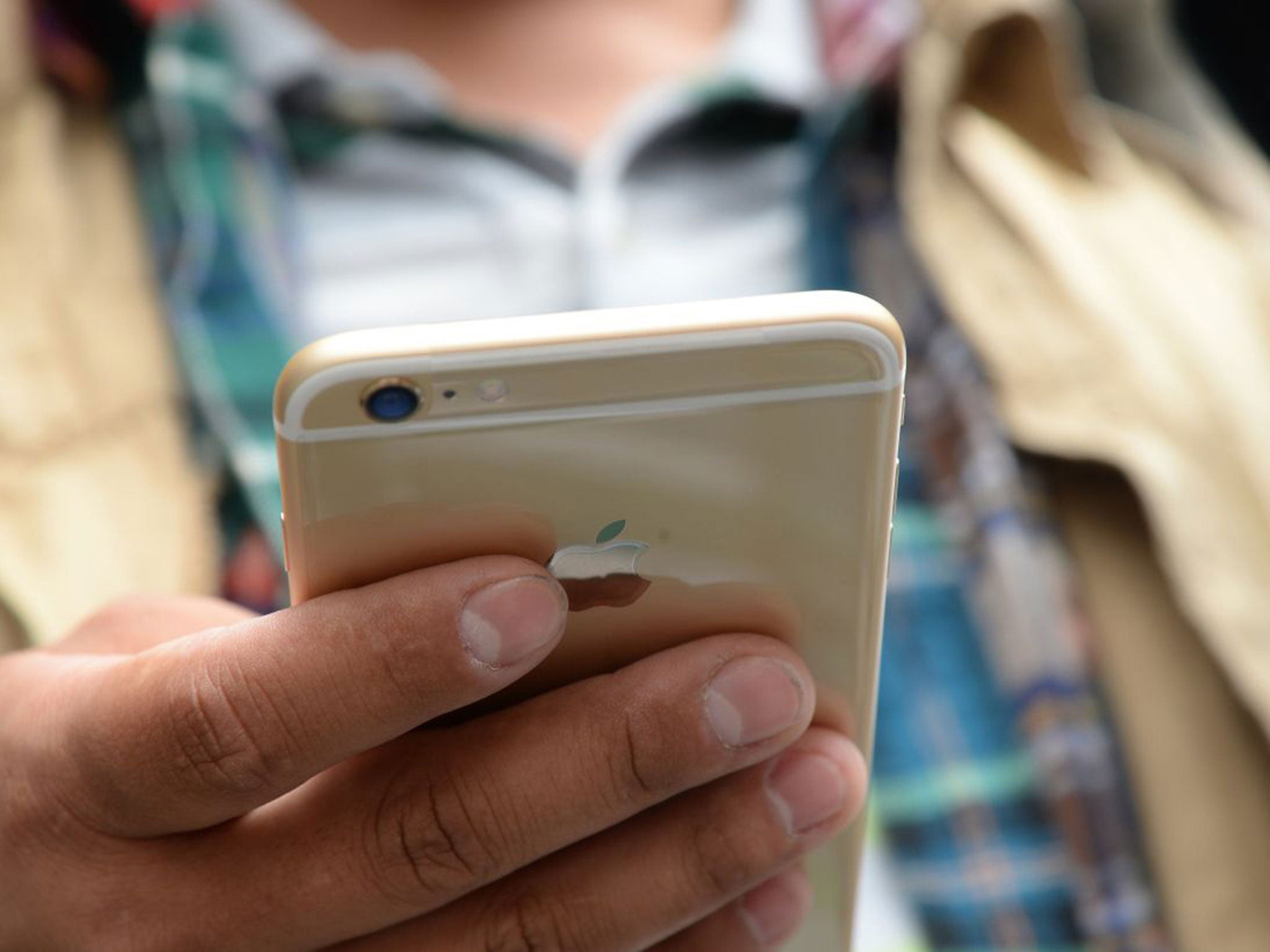Constantly checking your mobile phone can lead to 'cognitive failures'
High-frequency internet users find it much more difficult to pay attention

Your support helps us to tell the story
From reproductive rights to climate change to Big Tech, The Independent is on the ground when the story is developing. Whether it's investigating the financials of Elon Musk's pro-Trump PAC or producing our latest documentary, 'The A Word', which shines a light on the American women fighting for reproductive rights, we know how important it is to parse out the facts from the messaging.
At such a critical moment in US history, we need reporters on the ground. Your donation allows us to keep sending journalists to speak to both sides of the story.
The Independent is trusted by Americans across the entire political spectrum. And unlike many other quality news outlets, we choose not to lock Americans out of our reporting and analysis with paywalls. We believe quality journalism should be available to everyone, paid for by those who can afford it.
Your support makes all the difference.Whether sitting on a train or having dinner at a restaurant, many people find it hard to stop fiddling with their mobile phones – firing off a never-ending stream of Facebook, Instagram and Twitter posts.
If this online hyperactivity looks exhausting, it’s no surprise to discover that these high-frequency internet users find it much more difficult to pay attention to what’s going on around them than the rest of us – even when they are not consumed by the web.
New research finds that the most frequent mobile phone and internet users are the most likely to be distracted, for example by being prone to missing important appointments and daydreaming while having a conversation.
In the first study of its kind, an academic from Leicester’s De Montfort University has found that the more times a person uses the internet or their mobile phone, the more likely they are to experience “cognitive failures”.
These include a whole range of blunders, and a general lack of awareness of a person’s surroundings that stretches as far as people forgetting why they have just gone from one part of the house to the other says Dr Lee Hadlington, author of the research.
The study draws the same conclusions among users of mobile phones without internet access as with it – suggesting that mobile phone conversations and surfing the web are similarly associated with distraction.
But whether the most digitally active people are more distracted because their excessive online activity makes them jittery or hyperactive, or whether it is the other way around – that they are more drawn to these activities because they naturally have short “attentional control” – is unclear at this stage, he says.
Dr Hadlington does have a theory, however: that it is a mix of the two. In other words, those people already suffering from short attention spans are drawn to the distractions of modern technology, which makes it even harder for them to pay attention to their surroundings.
His research has been published in the journal Computers in Human Behaviour. He is now working on research to answer this question more comprehensively and to look for ways to solve the problem.
“This is a very underexamined area and a very important one. We are using technology on a daily basis but we don’t understand its effect on us,” Dr Hadlington said.
“We don’t know what’s actually happening to our cognition when we are using this technology and that’s the important thing. What we do know from this research is that there are some statistically significant numbers of people who say they use the internet or their phone a lot and who experience cognitive failures,” he added.
The study asked people a series of questions to determine whether they experienced certain types of “blunders” – defined as factors relating to their ability to focus, physical blunders such as bumping into things, and memory.
The study was conducted among 107 men and 103 women between the ages of 18 and 65, who spent an average of 22.95 hours a week online.
Join our commenting forum
Join thought-provoking conversations, follow other Independent readers and see their replies
Comments